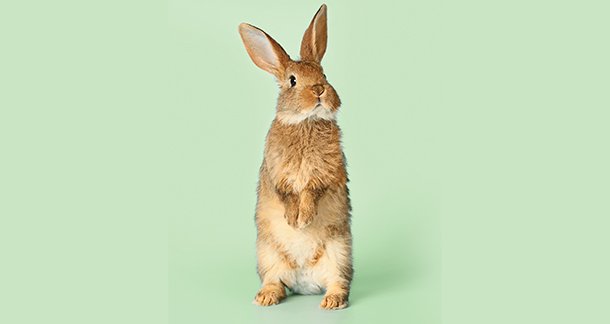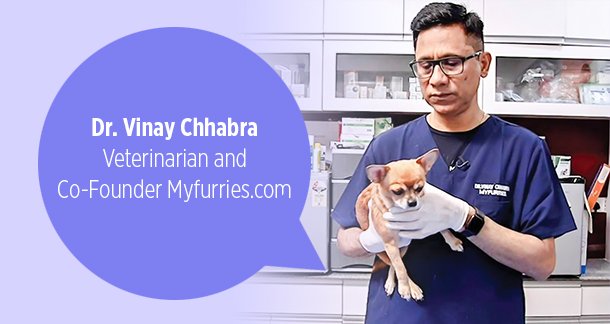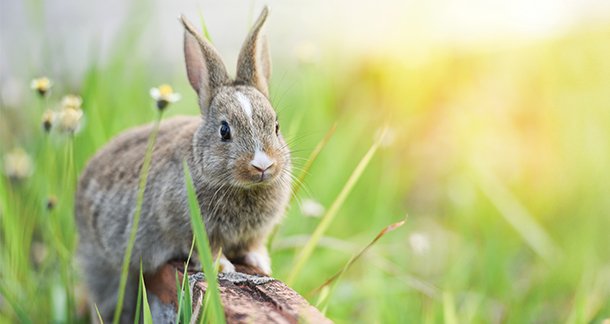Understanding Rabbits: Nutrition and Well-Being
Rabbits are charming and intelligent creatures that can make excellent pets. However, their care requires attention to their needs, especially nutrition and well-being. This article will explore essential dietary habits, debunk common myths about rabbit care, and highlight vital health considerations to help these fluffy friends live happy and healthy lives. A veterinarian’s perspective can provide valuable insights into ensuring just this.
Nutrition: The Foundation of a Healthy Rabbit
- Understanding Dietary Needs
Rabbits are herbivores, and their diet should primarily consist of:
– Hay: This should be at least 80% of their diet. Timothy hay, orchard grass, or oat hay are excellent choices. Hay is crucial for proper digestion and helps wear down their continuously growing teeth.
– Fresh Vegetables: Leafy greens such as romaine lettuce, cilantro, and parsley can be given daily. It’s essential to introduce new veggies slowly to avoid digestive upset.
– Pellets: A high-fiber pellet can be included, but it should only make up a small part of their diet to prevent obesity. Look for pellets that are specifically formulated for rabbits and avoid those with seeds or nuts.
– Limited Treats: Fruits should be considered treats and offered sparingly. Options like small slices of apple or banana can excite your rabbit but should not be overdone.

- Hydration is Key
Rabbits need constant access to fresh water. Some rabbits prefer drinking from bowls while others may choose water bottles. It’s essential to monitor their water intake, ensuring they stay hydrated, especially in warmer temperatures.
Common Myths About Rabbit Diets
- Myth: Carrots are a staple of a rabbit’s diet.
– Reality: While rabbits might love carrots, they are high in sugar and should be given only as an occasional treat. A proper diet consists mainly of hay and fresh greens.
- Myth: All vegetables are safe for rabbits.
– Reality: Not all vegetables are safe. Some, like iceberg lettuce, offer little nutritional value and can cause digestive problems. It’s best to stick to rabbit-safe greens and introduce new ones gradually.
- Myth: Rabbits can live off only pellets.
– Reality: Pellets should only make up a small fraction of a rabbit’s diet. A diet primarily made of pellets can lead to obesity and other health issues. Hay is essential for digestion.
- Myth: Seed-based treats are suitable for rabbits.
– Reality: Seed-based treats can be harmful and lead to obesity. Stick with hay, greens, and rabbit-specific treats that don’t include seeds or nuts.
- Myth: It’s fine to give rabbits human food scraps.
– Reality: Many human foods can be dangerous for rabbits. Avoid giving them processed foods, as these can lead to severe health issues.

Well-Being: Physical and Mental Health
- Enrichment and Mental Stimulation
Beyond diet, rabbits require mental and physical enrichment to thrive. Here are a few ways to keep them engaged:
– Space to Roam: Provide a safe area for your rabbit to explore. A larger enclosure or rabbit-proofed room helps keep them active and prevents boredom.
– Toys and Chewing Material: Offer chew toys made from safe materials. Cardboard boxes, untreated wood, and rabbit-safe toys can keep them entertained and promote dental health.
– Social Interaction: Rabbits are social animals and thrive on companionship. If possible, consider getting them a partner to live with. Your interactions also matter; regular gentle handling and playtime reinforce their social needs.
- Regular Veterinary Care
Routine check-ups with a veterinarian familiar with exotic pets, including rabbits, are vital to maintaining their health. Regular vet visits can help:
– Monitor Weight and Digestion: Monitoring helps ensure your rabbit is maintaining an appropriate weight and not suffering from gastrointestinal issues, which are common in rabbits.
– Preventative Care: Certain vaccinations and spaying/neutering can prevent health issues down the line and can help with behavioural problems.
– Dental Health: Since a rabbit’s teeth grow continuously, a vet can assess their dental health and recommend necessary treatments, such as tooth trimming if overgrowth occurs.
Common Health Concerns
Understanding potential health issues can prepare you for any challenges. Common problems include:
– Digestive Issues: Signs can include changes in eating habits or reduced droppings. A proper diet and immediate vet care are crucial if you notice these signs.
– Obesity: This can be a severe issue for rabbits, leading to other health concerns. A proper diet and regular exercise are key.
– Respiratory Issues: Rabbits can be sensitive to their environments; ensure their living space is clean and free from drafts.
Conclusion
Keeping a rabbit as a pet can be an incredibly rewarding experience. Proper nutrition, mental stimulation, and regular veterinary care go a long way in having your bunnies bouncing to happiness
Author
Dr. Vinay Chabbra – Veterinarian and Co-founder Myfurries.com

